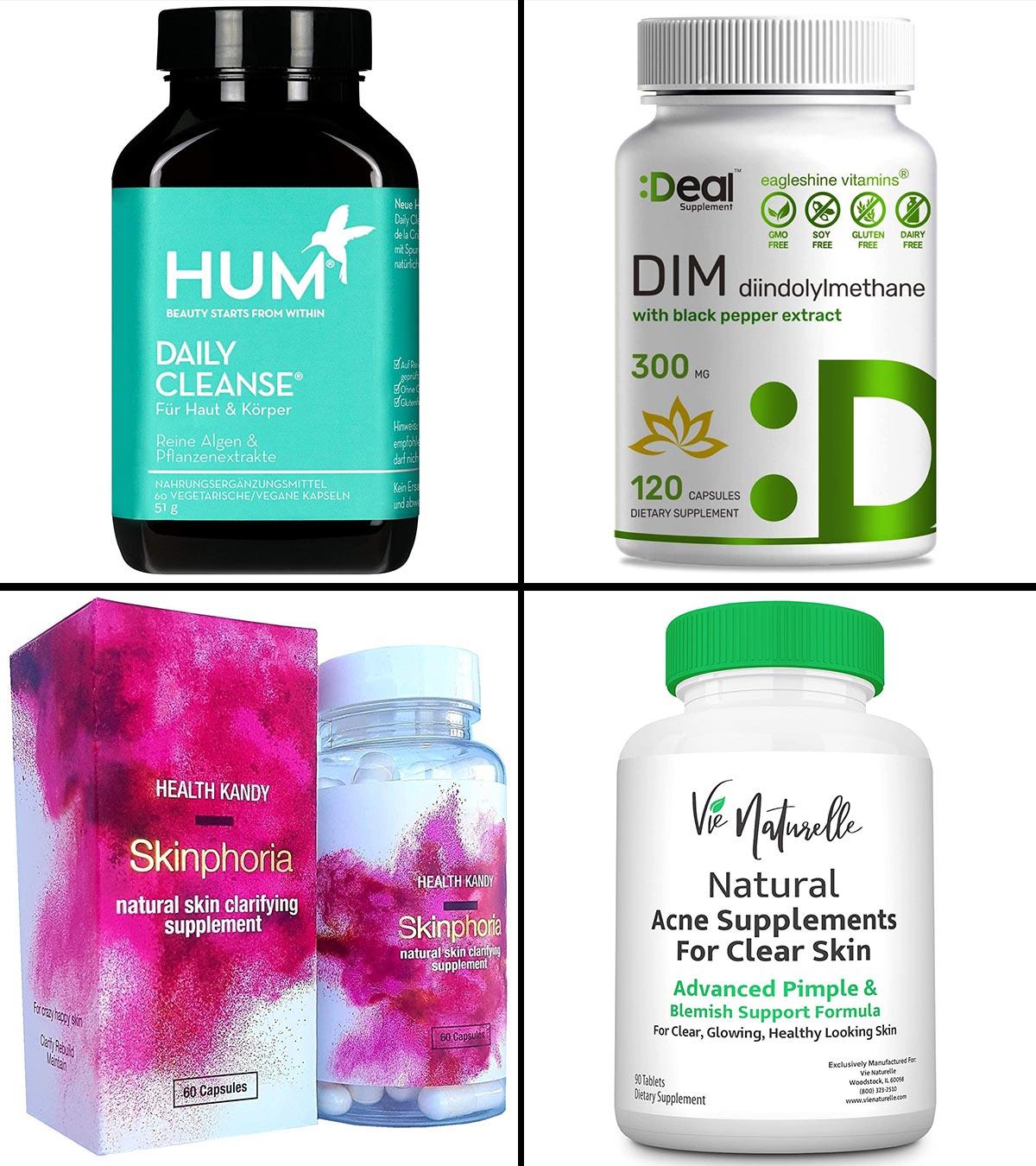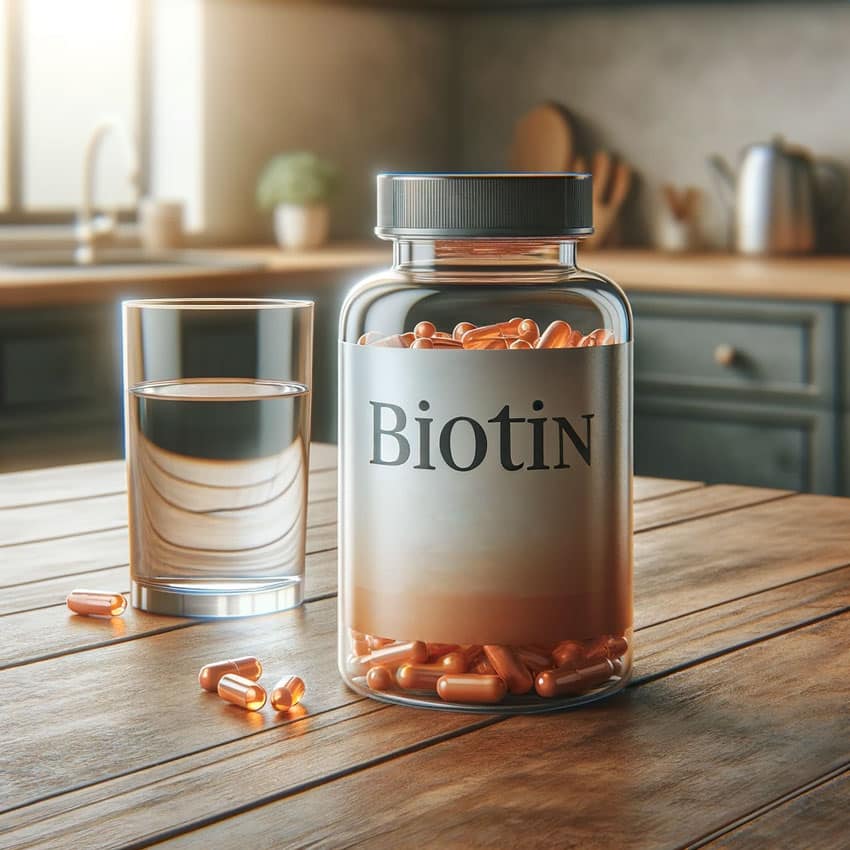Supplements And Acne: Unraveling The Connection
Supplements and Acne: Unraveling the Connection
Related Articles: Supplements and Acne: Unraveling the Connection
Introduction
In this auspicious occasion, we are delighted to delve into the intriguing topic related to Supplements and Acne: Unraveling the Connection. Let’s weave interesting information and offer fresh perspectives to the readers.
Table of Content
Supplements and Acne: Unraveling the Connection

Acne, a common skin condition affecting millions worldwide, is often associated with hormonal fluctuations, genetics, and lifestyle factors. However, a lesser-known contributor to acne breakouts is the consumption of certain supplements. While supplements are often touted for their health benefits, some can inadvertently trigger or exacerbate acne. Understanding this connection is crucial for individuals seeking to manage their skin health.
The Complex Relationship Between Supplements and Acne:
The link between supplements and acne is multifaceted and not fully understood. However, several mechanisms are believed to play a role:
1. Hormonal Imbalances: Certain supplements, particularly those containing androgens, can disrupt the delicate hormonal balance in the body. Androgens, like testosterone, are known to stimulate sebaceous glands, leading to increased oil production and clogging of pores, ultimately contributing to acne development.
2. Inflammation: Some supplements, especially those with strong anti-inflammatory properties, may inadvertently trigger inflammation in the body. While beneficial in certain contexts, chronic inflammation can exacerbate acne by promoting the release of inflammatory mediators that contribute to skin irritation and breakouts.
3. Nutrient Imbalances: Excessive intake of certain nutrients, such as vitamin A or zinc, can lead to imbalances that affect skin health. While these nutrients are essential for overall well-being, exceeding the recommended daily intake can disrupt the body’s natural processes and contribute to acne.
4. Allergic Reactions: Some individuals may experience allergic reactions to certain ingredients found in supplements, leading to skin irritation, redness, and breakouts. This is particularly relevant for individuals with sensitive skin or pre-existing allergies.
5. Drug Interactions: Supplements can interact with medications, including those prescribed for acne, potentially altering their effectiveness or causing adverse side effects.
Specific Supplements Linked to Acne:
While not all supplements are linked to acne, some have been identified as potential contributors:
-
Androgen-Boosting Supplements: Supplements containing ingredients like DHEA, androstenedione, and testosterone boosters can increase androgen levels, potentially leading to acne.
-
Fish Oil: While generally considered beneficial for overall health, high doses of fish oil can increase inflammation, which may exacerbate acne.
-
Vitamin A Derivatives: High doses of vitamin A derivatives, like retinol and isotretinoin, can cause skin dryness, peeling, and irritation, which may worsen acne in some individuals.
-
Zinc Supplements: While zinc is essential for skin health, exceeding the recommended daily intake can lead to zinc accumulation, which may trigger acne.
-
Whey Protein: Some individuals experience acne breakouts after consuming whey protein, possibly due to its high protein content or potential for hormonal fluctuations.
-
Other Supplements: Other supplements, such as creatine, caffeine, and certain herbal supplements, have been anecdotally linked to acne, but further research is needed to confirm these associations.
Importance of Consultation and Moderation:
It is crucial to consult with a healthcare professional before starting any new supplement regimen, especially if you have a history of acne or other skin conditions. A qualified healthcare provider can assess your individual needs, advise on appropriate dosages, and monitor for any potential side effects.
Tips for Managing Acne While Taking Supplements:
-
Choose supplements with caution: Opt for supplements that are specifically formulated for skin health and contain ingredients known to support healthy skin function.
-
Start with low doses: Begin with a low dose of any new supplement and gradually increase it as tolerated. This allows your body to adjust and minimizes the risk of adverse reactions.
-
Monitor your skin: Pay close attention to your skin’s reaction to supplements. If you notice any changes, such as breakouts, redness, or irritation, discontinue use and consult with a healthcare professional.
-
Maintain a balanced diet: A healthy diet rich in fruits, vegetables, and whole grains can support overall skin health and reduce the risk of acne.
-
Practice good skincare: Follow a consistent skincare routine that includes gentle cleansing, exfoliation, and moisturizing.
-
Stay hydrated: Drink plenty of water to help flush out toxins and keep your skin hydrated.
-
Manage stress: Stress can exacerbate acne. Find healthy ways to manage stress, such as exercise, meditation, or yoga.
FAQs About Supplements and Acne:
Q: Can supplements cause acne in everyone?
A: No, supplements are not guaranteed to cause acne in everyone. The risk of acne development varies depending on individual factors, such as genetics, hormonal balance, and overall health.
Q: What are the best supplements for acne-prone skin?
A: Some supplements, like omega-3 fatty acids, vitamin E, and probiotics, may support healthy skin function and potentially reduce acne breakouts. However, it’s crucial to consult with a healthcare professional before taking any supplements, especially if you have a history of acne.
Q: How long does it take for a supplement to cause acne?
A: The time it takes for a supplement to cause acne can vary depending on the individual, the specific supplement, and the dosage. Some individuals may experience breakouts within days or weeks of starting a new supplement, while others may not notice any changes for months.
Q: Can I take supplements if I have acne?
A: It is generally safe to take supplements if you have acne, but it is important to choose supplements that are known to be safe for skin health and consult with a healthcare professional to ensure they are appropriate for your individual needs.
Q: What should I do if I think a supplement is causing my acne?
A: If you suspect a supplement is causing your acne, discontinue use and consult with a healthcare professional. They can help determine if the supplement is indeed the culprit and recommend alternative treatments or lifestyle changes.
Conclusion:
While supplements can offer numerous health benefits, it is essential to be aware of their potential impact on skin health. Certain supplements, particularly those that disrupt hormonal balance, increase inflammation, or cause allergic reactions, may contribute to acne breakouts. By choosing supplements with caution, consulting with a healthcare professional, and adopting a holistic approach to skin health, individuals can minimize the risk of supplement-induced acne and maintain a clear and healthy complexion.








Closure
Thus, we hope this article has provided valuable insights into Supplements and Acne: Unraveling the Connection. We appreciate your attention to our article. See you in our next article!
You may also like
Recent Posts
- The Art Of Persuasion: A Comprehensive Guide To Makeup Product Label Design
- A Comprehensive Look At Mary Kay Cosmetics: Reviews, Insights, And Considerations
- Affordable Skin Care: A Guide To Effective Products Under INR 100
- Navigating The World Of Mary Kay Discounted Products: A Comprehensive Guide
- The Power Of High-Resolution Images: A Guide To Acquiring The Best Visuals For Your Projects
- The Power Of Reviews: Navigating The World Of Makeup Products
- Swiss Beauty Makeup: A Comprehensive Guide To Quality And Affordability
- Embracing Natural Beauty: Makeup Tips And Techniques For Women Over 50
Leave a Reply